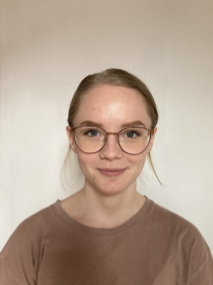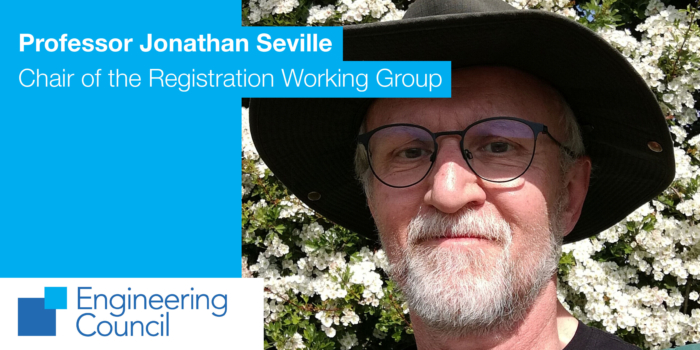 In the face of the critical shortage of Physics teachers, some Engineering graduates are pursuing the chance to teach and inspire the next generation. Read Georgina Smith‘s journey of becoming a Physics teacher after gaining her Engineering degree.
In the face of the critical shortage of Physics teachers, some Engineering graduates are pursuing the chance to teach and inspire the next generation. Read Georgina Smith‘s journey of becoming a Physics teacher after gaining her Engineering degree.
Each year, there’s a shortfall of engineers entering the sector because there aren’t enough Engineering graduates. And there aren’t enough students taking feeder A levels – particularly Physics. We’ve reached a crisis: many school pupils simply can’t choose Physics because there are no teachers – especially in disadvantaged schools. The solution is for more Engineering graduates to become Physics teachers.
For many, this is not just about opportunities for young people, but also about social justice. Georgina Smith is an example.
Georgina went to school in Rotherham, South Yorkshire, and moved to Birmingham straight after completing her A levels. She is currently a PGDipEd teacher trainee for Physics at the University of Birmingham. Her undergraduate degree was in Materials Science and Engineering, also in Birmingham.
Why did you decide to go into teaching?
I decided to go into teaching because I think that education is an important part of life. I have always liked helping and supporting others and find teaching the perfect way of doing this while still getting to being involved with science.
I believe having a passion for your subject is key to teaching as it means pupils are more likely to engage and get excited about it if you are. I love science, specifically physics, and have enjoyed looking again at some of the scientific concepts not covered in my engineering degree.
Personally, I was looking for a career that I would enjoy, and looking into other industry positions, I didn’t have the same excitement compared to looking into teaching. Now having some experience, the rewards from teaching are more than I expected.
Have you found teaching has lived up to – or exceeded – your expectations?
Teaching has exceeded my expectations because I can see part of the impact, I will be able to make in the future. It has been rewarding to see pupils learning and has only added to my own interest in science. Part of the training has been thinking about why we teach STEM generally and why we might teach polymers and ceramics to Y9 for example. These things are adding to learning but also allowing pupils to explore specific areas which could lead them to a career in the industry.
It has lived up to expectations in terms of a job because of the support from departments and schools that is available. You become part of a team of people all looking to improve lives through education.
Would you recommend it to other engineering graduates?
Yes – seeing young people engage with STEM through your teaching is great. There is also the wider opportunity to discuss your engineering background with pupils and allow them to explore different careers.
Being in the education sector does not take away from the engineering experiences and connections you might have. For example, I recently finished teaching a radioactivity topic to year 10 pupils and used a contact in the nuclear industry to get a better image for locations of nuclear reactors around the UK. This was something small that only added 5 minutes to a lesson, but it all adds up to encouraging pupils to interact with STEM.
Having more engineering graduates get into teaching would increase the number of contacts pupils could have with industry or university researchers and improve the number of pupils that go into STEM careers.
The DfE are running various Get Into Teaching Events and offering Teaching Training Internships for Undergraduates and Teacher Training Adviser Services. Click here to find out more.

 In the face of the critical shortage of Physics teachers, some Engineering graduates are pursuing the chance to teach and inspire the next generation. Read Georgina Smith‘s journey of becoming a Physics teacher after gaining her Engineering degree.
In the face of the critical shortage of Physics teachers, some Engineering graduates are pursuing the chance to teach and inspire the next generation. Read Georgina Smith‘s journey of becoming a Physics teacher after gaining her Engineering degree.


